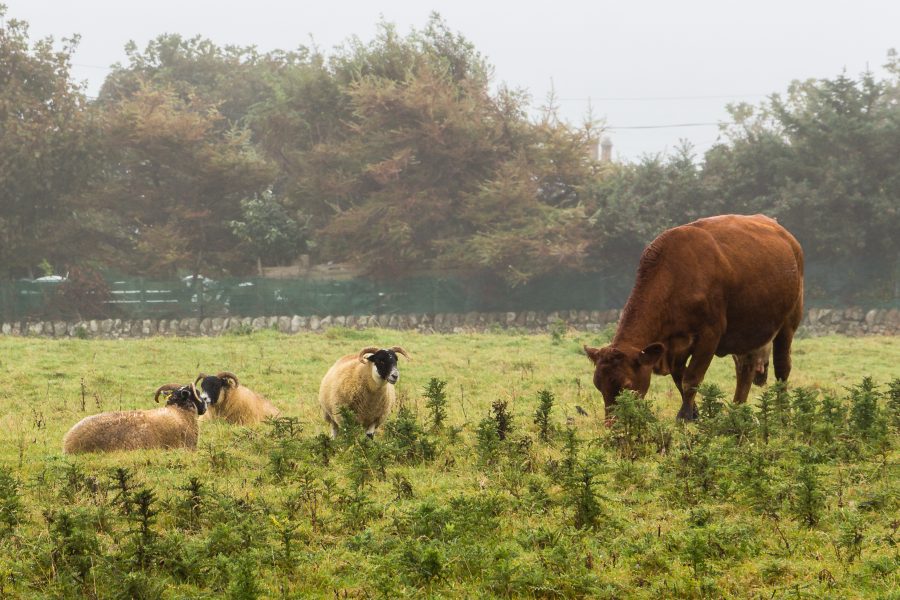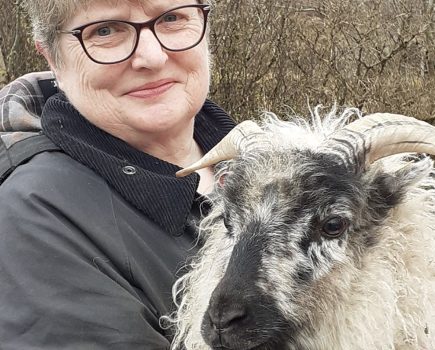The latest risk assessment of bluetongue virus entering Great Britain during 2024 has been published by the Animal and Plant Health Agency (APHA) following an outbreak in England last year.
Bluetongue virus is primarily transmitted by biting midges (Culicoides species) and affects cattle, sheep, and other ruminants such as goats and deer, and camelids such as llamas and alpacas. The virus does not affect people or food safety. In an updated qualitative risk assessment, APHA confirms there is a very high probability of a new introduction of bluetongue virus serotype 3(BTV-3) into livestock in Great Britain through infected biting midges being blown over from Northern Europe.
Biting midges are most active between April and November and the timing of a potential incursion will depend on the temperature and wind patterns.
Farmers should continue to be vigilant and monitor their animals frequently, whilst making sure their livestock and land is registered with APHA and that their contact details are updated so animals can be located in the event of an outbreak. More advice can be found on gov.uk.
The impacts on susceptible animals can vary greatly depending on the species of animal and the strain of bluetongue virus – some show no symptoms while for others it can cause productivity issues such as reduced milk yield or, in the most severe cases, it can be fatal for infected animals.
Last November, APHA and The Pirbright Institute identified the first case of the disease in Great Britain through the annual bluetongue surveillance programme.
Since then, there have been 126 bluetongue cases confirmed inEngland across 73 premises in four counties, with the last case confirmed on the 8 March 2024. All cases confirmed to date have been detected through active surveillance, with the animals likely infected in late autumn. Due to their proximity to areas in Northern Europe, where BTV-3 is actively being transmitted by the biting midge population and wind patterns, counties along the south and east coasts of England, including Norfolk, Suffolk, Essex, Kent, and Sussex, are considered most likely to be impacted.
Surveillance of midges continues through the use of traps across the country. The risk of virus transmission is expected to increase as temperatures rise and with any increase of infections on the continent.
There are no authorised vaccines available for bluetongue virus serotype3 (BTV-3) in the UK orEurope, but the government are actively engaging with vaccine manufacturers on the development of a BTV-3 vaccine for use in the UK.
More news like this can be found in The Country Smallholder magazine. Subscribe here.
For FREE updates from the world of smallholding, sign up for The Country Smallholder newsletter here.








